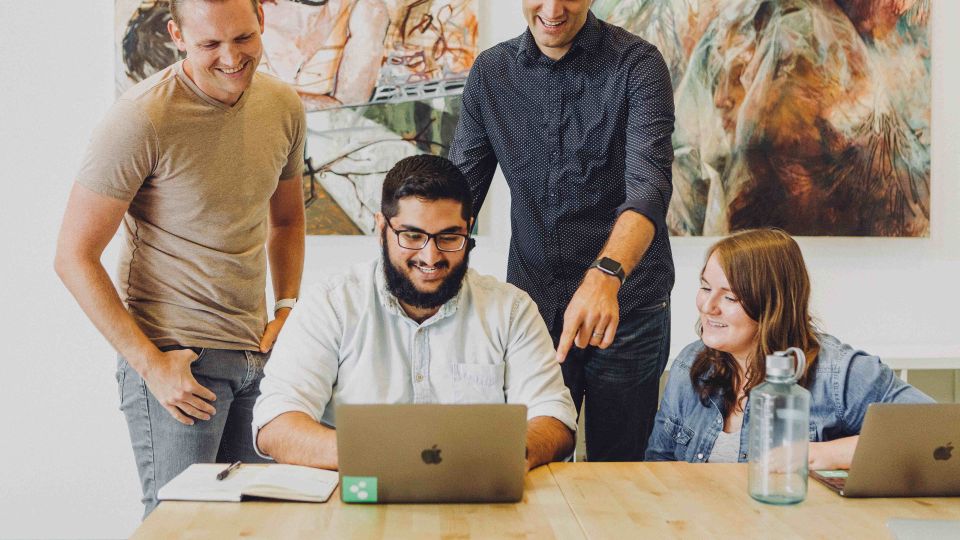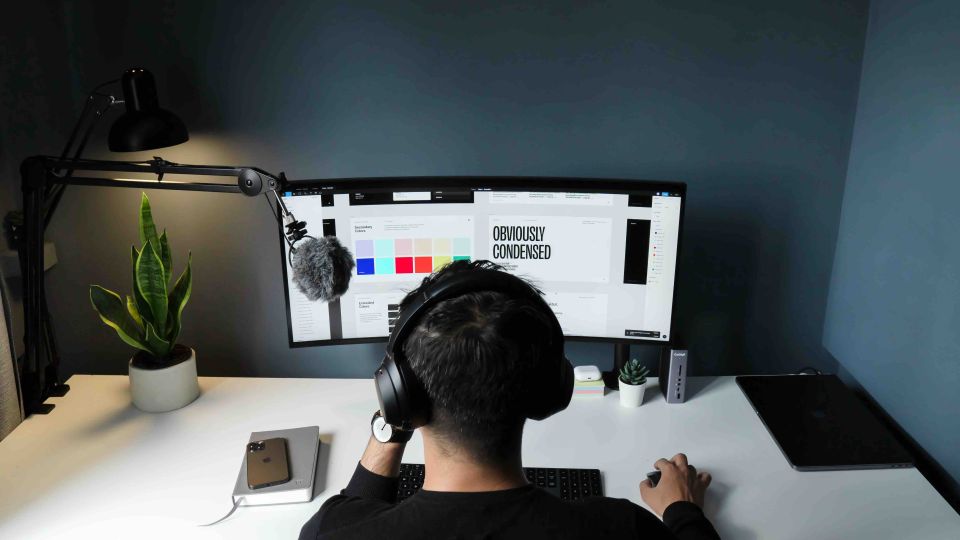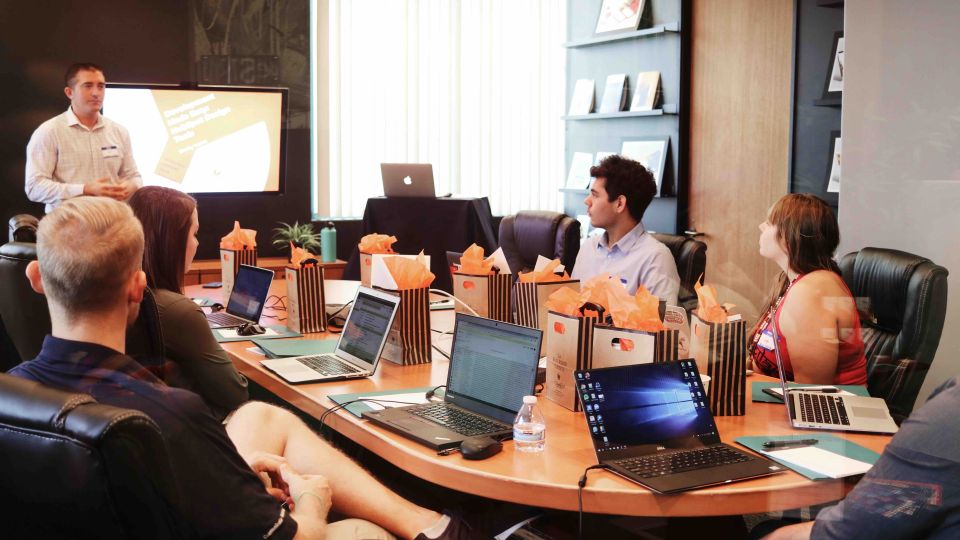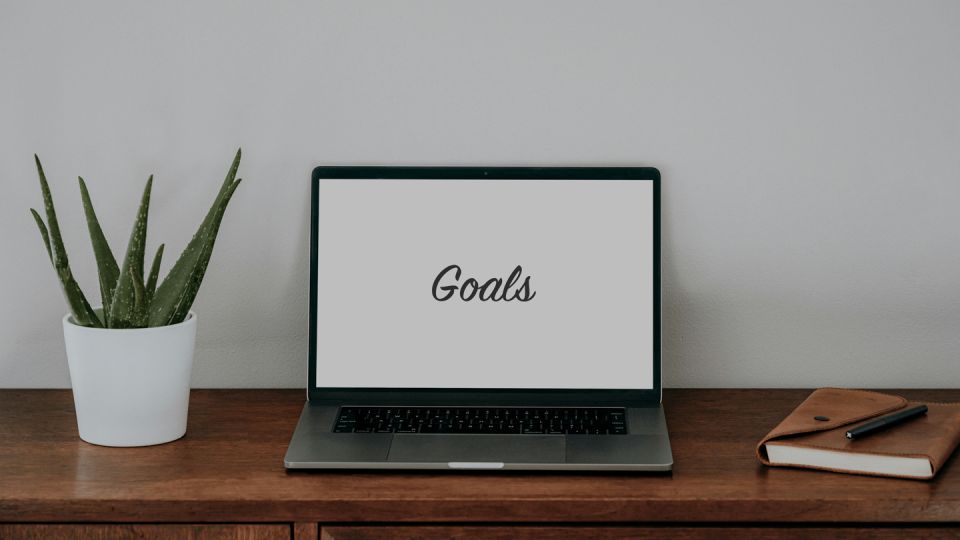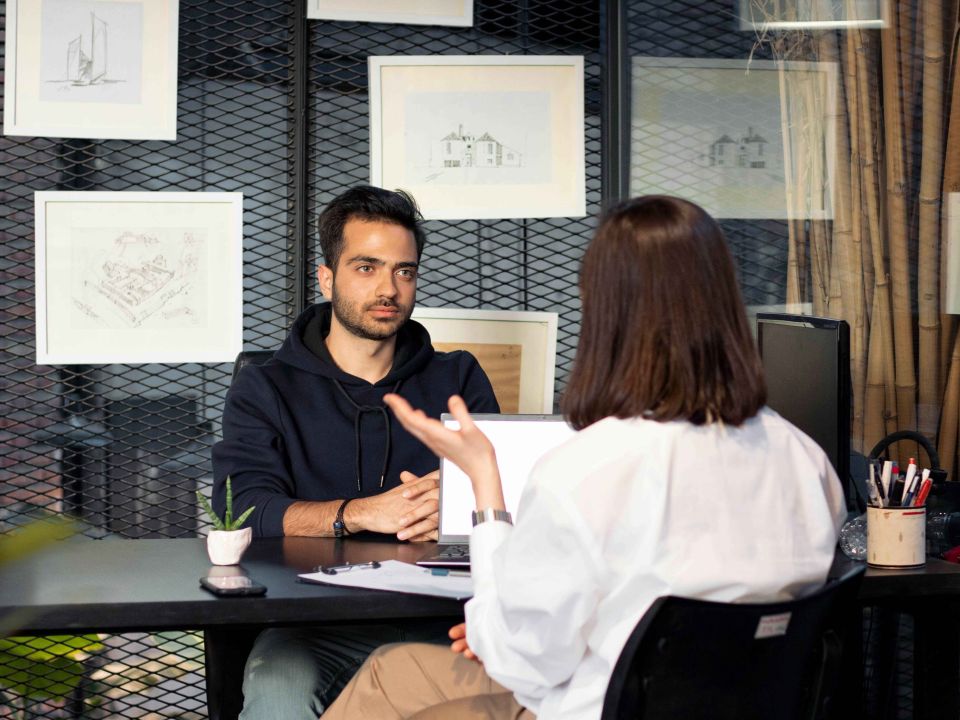
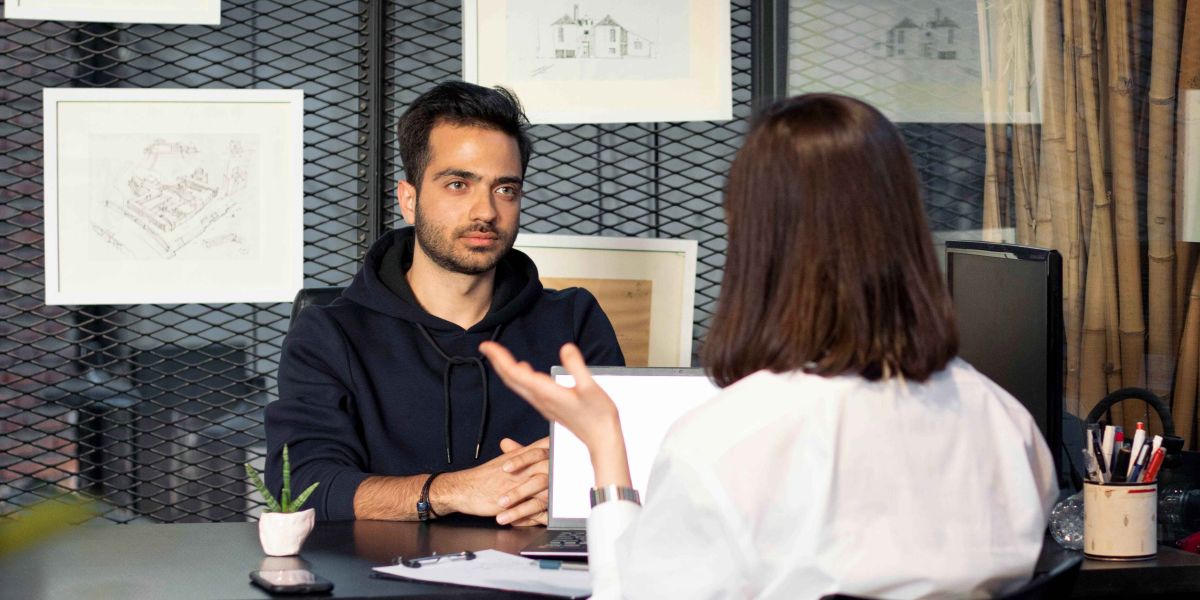
Enhancing Your Adaptability in a Changing Job Market
The job market is evolving faster than ever before. Technological breakthroughs, economic fluctuations, global events, and shifting workplace norms are redefining what it means to have a stable career. Traditional career paths are being replaced by dynamic journeys that require individuals to pivot, relearn, and continuously adapt.
In this environment, adaptability is no longer just a desirable trait; it’s essential. The ability to adjust to new conditions, learn from setbacks, and remain effective amid change is what separates those who thrive from those who merely survive. Employers now actively seek individuals who are open to learning, comfortable with change, and resilient in the face of uncertainty.
At Macildowie, we understand the demands of the modern workforce. Our career coaching, training programs, and resource support are designed to help professionals build the mindset and skills needed to stay competitive in a fast-moving job market.
Understanding Adaptability in the Modern Workplace
What is Adaptability?
Adaptability is the ability to adjust your thoughts, behaviours, and approach when faced with new information, challenges, or environments. It goes beyond simply tolerating change; true adaptability involves actively engaging with new situations, recalibrating your strategies, and maintaining performance even when routines and expectations are disrupted. It's about being willing to unlearn outdated habits, relearn new methods, and develop confidence in ambiguity.
Adaptable individuals tend to embrace feedback, are open to alternative perspectives, and respond constructively when their assumptions are challenged. They are agile thinkers who can pivot without becoming paralysed by uncertainty. In today's career landscape, adaptability means being prepared to pivot into new job roles, use unfamiliar digital tools, build cross-functional capabilities, and integrate seamlessly into hybrid or remote teams. It also means being resilient, capable of bouncing back from setbacks and maintaining progress. Whether you're transitioning to a new sector, managing through organisational restructuring, or building a portfolio career, adaptability allows you to remain solution-focused and confident under pressure. This forward-thinking mindset is increasingly recognised by employers as essential to both individual and organisational success in the years ahead.
The Evolving Job Market Landscape
Automation, artificial intelligence, and machine learning are transforming the way work gets done. While some roles are being phased out, new ones are emerging that require fresh skill sets and a more fluid approach to career development. Job titles and job descriptions are changing rapidly, often demanding cross-functional capabilities.
This evolving landscape creates both uncertainty and opportunity. Those who adapt quickly can take advantage of emerging roles in data, green energy, digital marketing, cybersecurity, and beyond. Being adaptable allows you to navigate transitions smoothly and capitalise on new opportunities as they arise.
Key Adaptability Skills Employers Seek
Growth Mindset
A growth mindset is the belief that abilities can be developed through effort, learning, and persistence. Individuals with a growth mindset see challenges as opportunities to grow and failure as part of the process. This outlook enables them to take risks, try new approaches, and continuously improve, qualities that are invaluable in a rapidly changing work environment.
Emotional Intelligence
Being adaptable also means understanding yourself and those around you. Emotional intelligence (EQ) is the capacity to manage your emotions, empathise with others, and handle interpersonal situations calmly and effectively. In times of uncertainty, emotionally intelligent employees help maintain team cohesion, navigate conflict, and support others through change.
Problem-Solving Abilities
Adaptable professionals are proactive problem-solvers. When faced with unfamiliar tasks or shifting expectations, they approach challenges analytically and creatively. They ask questions, seek input, and explore solutions. This ability to handle complexity with confidence and clarity is crucial in modern roles that often lack clearly defined procedures.
Flexibility and Openness
A flexible mindset allows you to stay curious and open to alternative viewpoints. It’s about listening, learning, and being willing to do things differently. This includes working with diverse colleagues, adjusting to new leadership styles, or integrating into a new organisational culture.
Continuous Learning
Staying relevant means staying curious. Continuous learning involves regularly acquiring new knowledge and skills through formal training, personal development, or everyday experiences. Employers are increasingly favouring candidates who show initiative in learning, whether through online courses, certifications, reading industry blogs, or attending webinars.
Strategies to Enhance Your Adaptability
Engage in Continuous Learning
One of the most effective ways to become more adaptable is to embrace lifelong learning. This doesn’t always mean going back to school, there are countless ways to develop new skills and broaden your knowledge:
- Online courses: Platforms like Coursera, LinkedIn Learning, and FutureLearn offer on-demand training in everything from leadership to software skills.
- Certifications: Earning certifications in project management, data analytics, digital marketing, or other in-demand areas boosts both confidence and credibility.
- Workshops and webinars: These short-form learning opportunities are ideal for keeping pace with industry trends and networking with peers.
Make time for learning. Schedule regular check-ins with yourself to identify skill gaps and research new opportunities to grow.
Seek Feedback and Reflect
Adaptability also involves self-awareness. Seeking feedback helps you understand how your behaviours and skills are perceived by others, and reflection gives you the space to evaluate and adjust accordingly.
- Constructive feedback: Ask your manager or colleagues for input on how you’ve handled recent challenges. Be specific, ask about your communication, decision-making, or collaboration.
- Self-assessment: Journaling or reviewing past projects can help you identify moments where you adapted well, or where you could improve. This reflection builds resilience and sharpens your self-perception.
Embrace Change Proactively
Being adaptable doesn’t mean waiting for change; it means anticipating it and preparing for it with a positive attitude. When new tools are introduced, volunteer to test them. When a team restructure happens, offer to help with onboarding or process redesign. Show leadership by seeing change not as a disruption, but as an opportunity to contribute and grow.
- Be proactive: Don’t wait for instructions, take initiative.
- Stay solution-oriented: Focus on what you can control and how you can help others adapt alongside you.
Build a Supportive Network
Adaptability is easier when you’re supported. Surround yourself with people who encourage you to grow and who model adaptability in their own careers.
- Mentorship: Find a mentor who’s navigated career transitions. Their advice and perspective can help you stay grounded and focused.
- Peer support: Join groups, communities, or teams where you can share knowledge and collaborate on problem-solving.
- Cross-functional collaboration: Working with people outside your department expands your view and builds confidence in unfamiliar areas.
Macildowie’s Support in Building Adaptability
At Macildowie, we’re committed to helping individuals build the adaptability they need to thrive. Our career coaching services are tailored to your goals and challenges. Whether you're navigating a career change, returning from a break, or looking to future-proof your skills, our expert coaches will work with you to develop a clear, confident path forward.
We also offer adaptability training through practical workshops that focus on core soft skills like communication, decision-making, and resilience. These sessions are ideal for both individuals and teams adjusting to new demands or preparing for future roles.
Additionally, Macildowie provides access to curated learning resources and career development tools designed to help you identify growth areas and track your progress. From online courses to strategic planning templates, we equip you with the assets you need to continue learning and adapting long after our sessions end.
Conclusion
Adaptability is one of the most valuable skills in today’s workplace, and it’s also one of the most empowering. As industries evolve and job roles continue to shift, the professionals who invest in their adaptability position themselves to navigate change with confidence and seize opportunities others might overlook. The good news? Adaptability isn’t something you either have or don’t. It’s a skillset you can strengthen through conscious effort, honest reflection, and the right kind of support.
By embracing change, seeking feedback from those around you, continuing to learn new skills, and surrounding yourself with people who uplift and challenge you, you can remain relevant, resilient, and ready for whatever comes next. This isn’t just about survival, it’s about building a career that’s dynamic, fulfilling, and future-proof.
At Macildowie, we don’t just talk about adaptability, we actively help you develop it. Whether you’re preparing for your next big move, adapting to a new role, or re-entering the workforce, our career coaching, training, and development services are designed to meet you where you are and guide you to where you want to be. Explore our coaching services, join a workshop, or reach out to our team today, and start building a more adaptable, empowered future.
Frequently Asked Questions
Adaptability is the ability to adjust to change and respond effectively to new situations. It’s crucial in a market shaped by rapid technological, economic, and organisational shifts.
Start by reflecting on how you’ve handled recent changes. Ask for feedback from colleagues or mentors, and consider using self-assessment tools or working with a career coach.
Online learning platforms, industry publications, webinars, and mentorship programs all support adaptability. Macildowie also offers coaching and training designed to build these skills.
Through personalised coaching, hands-on workshops, and curated resources, Macildowie supports professionals at every stage of their adaptability journey.
While some people may be naturally more adaptable, the skills can absolutely be developed with practice, reflection, and support.
